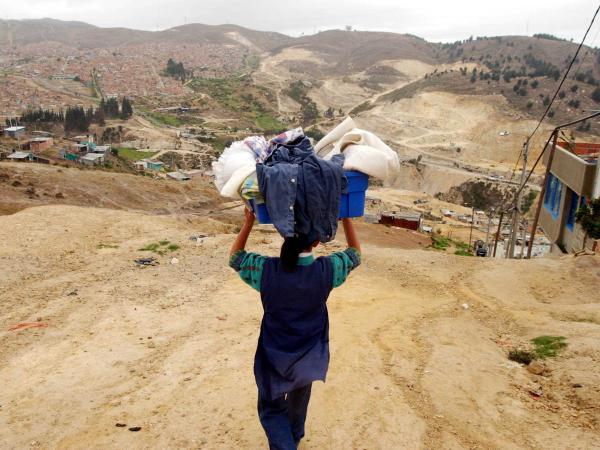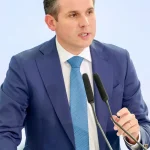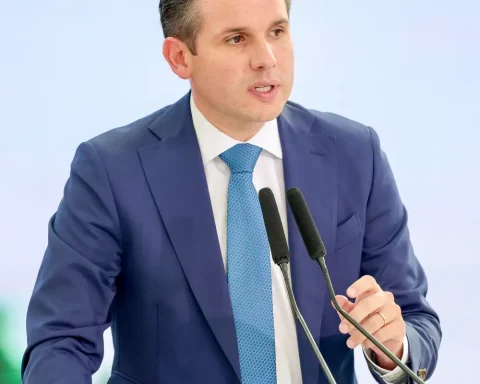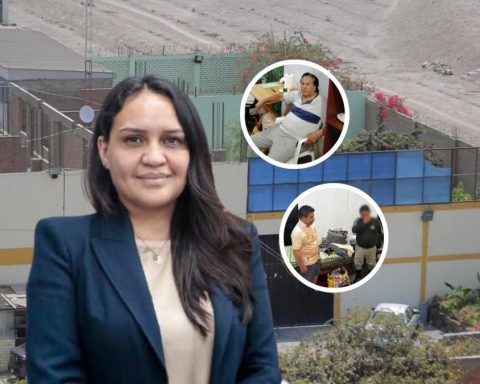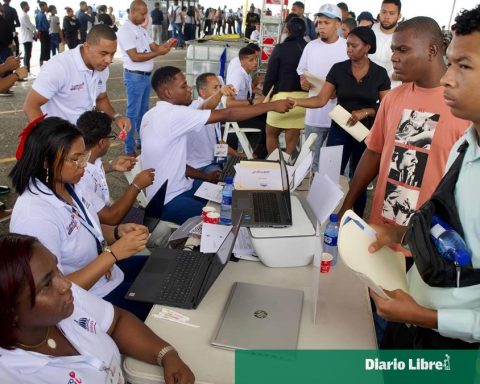“The social impact of the tax reform estimated by the Ministry of Finance is really significant. We can reduce poverty and extreme poverty by 4 percentage points, basically through the social spending that is made through these greater resources”, said the Minister of Finance, José Antonio Ocampo, on August 8, after the filing of the project with which the Government aims to raise $25 billion in 2023.
(Read: ‘We live in an inhuman economic system’: Economist Guy Standing).
This goal, which is also accompanied by the objective of reducing inequality indicators, since the Treasury estimates that the Gini coefficient would change from 0.54 to 0.51 if approved As the reform project is, it might not be so easy to achieve according to experts.
Roberto Angulo, founding partner of the Inclusion SAS firm, mentions that in the explanatory memorandum of the project are the assumptions, and the one that supports this simulation of the effects of The reform assumes that half of the new collection ($12.5 billion) would go to monetary transfers.
“If this is so, it would be good for the government to say what the channels are to make this redistribution effective. The reform is only specific in how it is going to collect, but there is no clarity due to other announcements about the redistribution channels”, comments Angulo, who also questions how plausible it is that the government spends half of the collection on monetary transfers.
“From the outset it is an ambitious goal, because it is 4 percentage points in one year, a drop that has not been seen in history since there is measurement. And in the presence of high inflation it is a very important challenge”, assured the expert.
(See: The reforms of the Petro Government to Social Prosperity and the ICBF).
From Corficolombiana, José Ignacio López, executive director of economic research, says that with the additional resources, social programs would be expected to increase. However, he said that its impact is not yet clear.
“This poverty reduction could be consistent depending on the use of the resources of the reform. So, without knowing a specific destination or the programs, it is very difficult to evaluate that reduction in poverty associated with the tax reform.”, mentioned the economist.
Likewise, Eduardo Lora, former director of Fedesarrollo and associate of the Harvard Center for International Development, also He has some doubts about the government’s goal.
“I would think that if it is through transfers, the reform that is being discussed does not work, but even if it does not come out of Congress, a part of the resources must be dedicated to reducing the deficit. Those redistributive promises that appear in the reform project are very ambitious,” said Lora.
The expert recognizes that the reduction of poverty is not only a matter of transfers, and therefore the route that the National Development Plan traces is also crucial.
“An aid that seems fundamental to me that Petro has proposed, and that is a consensus of many, is the $500,000 basic pension, that has a significant effect on poverty, but with a well-done pension reform, not the one that is being proposed since government”, also indicates the former director of Fedesarrollo.
(Keep reading: How viable is it to implement Petro’s pension proposal?).
And it is that improving the living conditions of citizens, and With this, the indicators of poverty and inequality is not an easy task. For this reason, Andrés Langebaek, executive director of economic research at Grupo Bolívar-Davivienda, considers that in order to reduce poverty, ‘the two sides of the coin must be aligned’.
“One is the effort to redistribute, but the other is the effort to grow. It is less difficult for countries that are growing to improve their income distribution; they have potential. But it is a complex balance, many times if taxes punish companies they can delay growth and that can have an impact on inequality. That’s why it’s not so straightforward,” she says.
inequality
Carlos Duran / EFE
One of the institutions that coordinates the efforts to reduce poverty is the Department of Social Prosperity (DPS), in charge of managing the subsidies of the five programs that the State has in force: Solidarity Income, Families in Action, Youth in Action, Colombia Mayor and VAT Refund.
It was only last week that the director of the DPS for this Government took office: Cielo Rusinque, and with her arrival the President also announced a series of changes in the entity, such as return functions that the ministries previously had and that the entity has been assuming.
(Also: Weak finances and high trade deficit, country challenges).
“There is $500 billion that DPS handles for housing. That should be in the Ministry of Housing”, as well as “$1 billion and some resources for the elderly, through the famous bonuses of $70,000, $80,000 that do not take away anyone’s hunger”, said the President, who emphasized that these funds should be managed by Colpensiones and that therefore a pension reform is required.
Another of the announcements was the reissue of the Youth in Peace program, which Petro implemented when he was Mayor of Bogotá, and which the DPS will lead, together with the Colombian Institute of Family Welfare (Icbf).
Laura Lucia Becerra Elejalde
